Description
Surveillance of wastewater treatment plants offers an opportunity for near real-time outbreak data and as an early warning for resurgence of the outbreak. To date, the wastewater-based epidemiology approach has been successfully piloted in developed countries where there is wide coverage of waterborne sanitation, such as the Netherlands, France, United States of America, etc.
However, given the varied water and sanitation services delivery mechanisms in South Africa (and lack thereof), the country was in a position to pioneer the development and piloting of an all-encompassing water and sanitation-focused approach for the surveillance of COVID-19 spread in less developed communities. While detection of viral RNA in faeces and urine samples is not an indication that the virus is infectious, further research is required to ascertain if infectious virus particles are excreted in patients’ faeces and urine. Furthermore, an investigation of the role of water and sanitation environments in the possible transmission of SARS-CoV-2 through exposure to contaminated surface water sources, poorly treated municipal wastewater, poorly managed domestic greywater, urine and faeces of infected people is necessary.

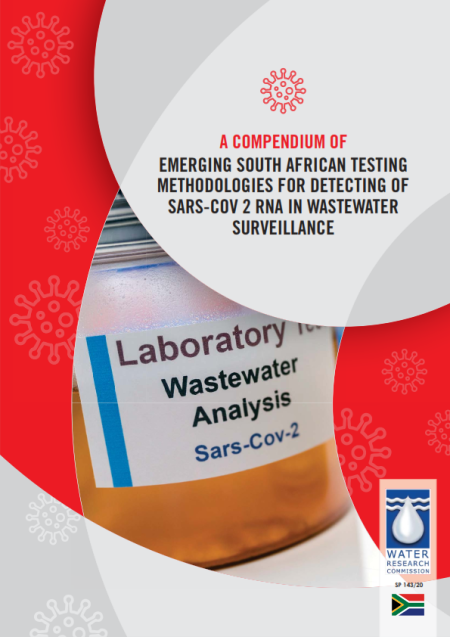
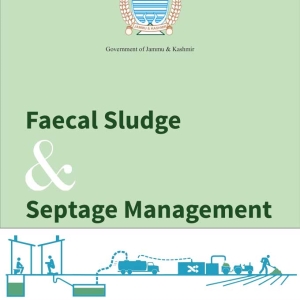
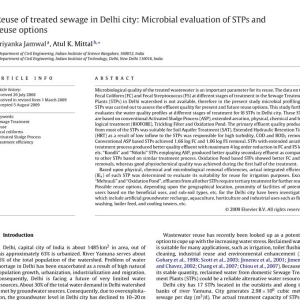
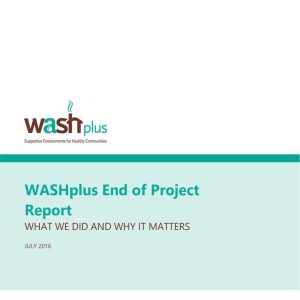
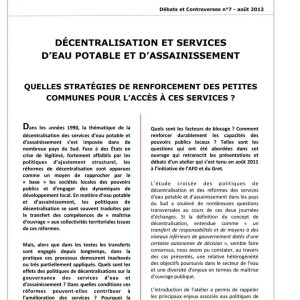



Reviews
There are no reviews yet.